Collaborative Learning and the TEC (Tecnology, Education and Cultural Diversity) Projects

The professional development of higher education-based teacher educators
March 5, 2019
Student teachers learning in the practice field
March 18, 2019Collaborative Learning and the TEC (Tecnology, Education and Cultural Diversity) Projects
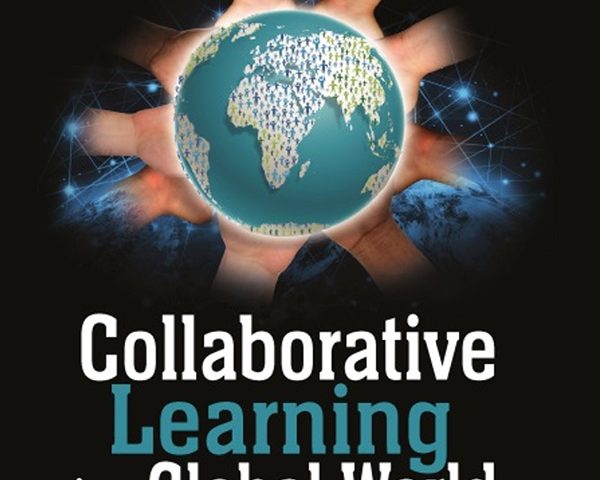
Collaborative teaching and learning approaches are gaining in popularity, and an "Online Collaborative Learning" (OCL) theory has been developed to better reflect the skills required in the information age (Harasim, 2012). Collaborative learning had been implemented in schools since the 80's. However, today collaborative learning involves interaction between learners through both social and professional communications, which are enabled by the accessibility and affordances offered by the online network. Learning communities are part of many school experiences. Multicultural study-groups from different countries can collaboratively explore, develop and discover cultures they would not otherwise encounter in traditional study practices such as at the TEC center courses (Shonfeld, Hoter & Ganayem, 2013).
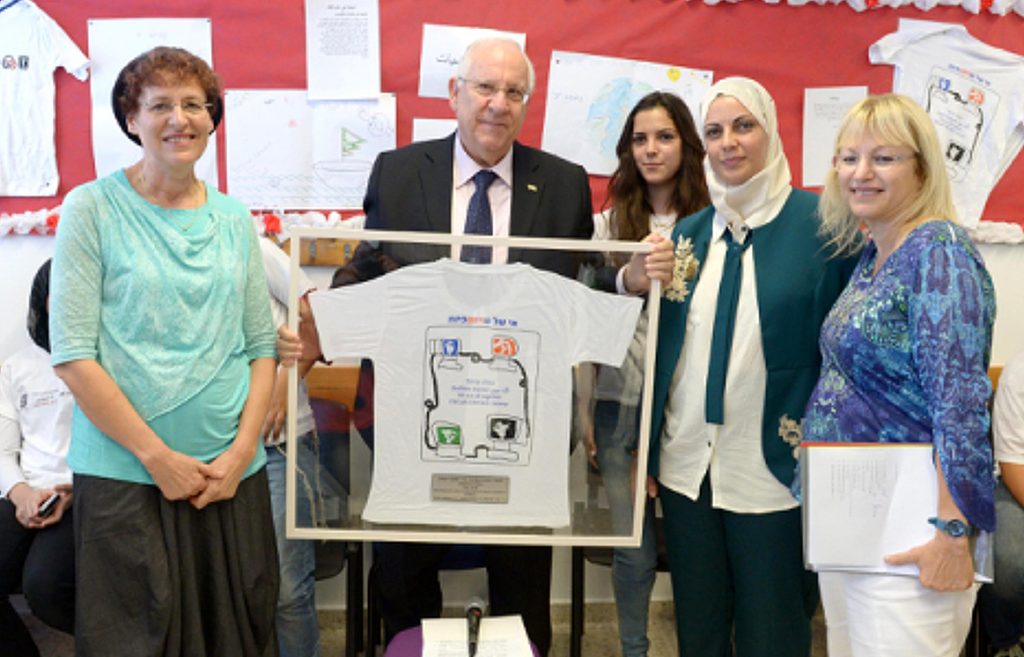
The TEC Center is leading the use of technology to support cultural diversity and cross-cultural understanding. Its collaborative learning model is based on advanced technologies for preservice teachers, in-service teachers, and pupils from different ethnic groups and religions, yielding constructive dialogue and cooperation, and, eventually, tolerance and mutual respect. A research on students’ attitudes pointed out that participation in the online groups reduced students’ prejudicial attitudes toward the relevant Arab and Jewish groups for whom there was the greatest initial enmity (Walther, Hoter, Ganayem, & Shonfeld, 2015).
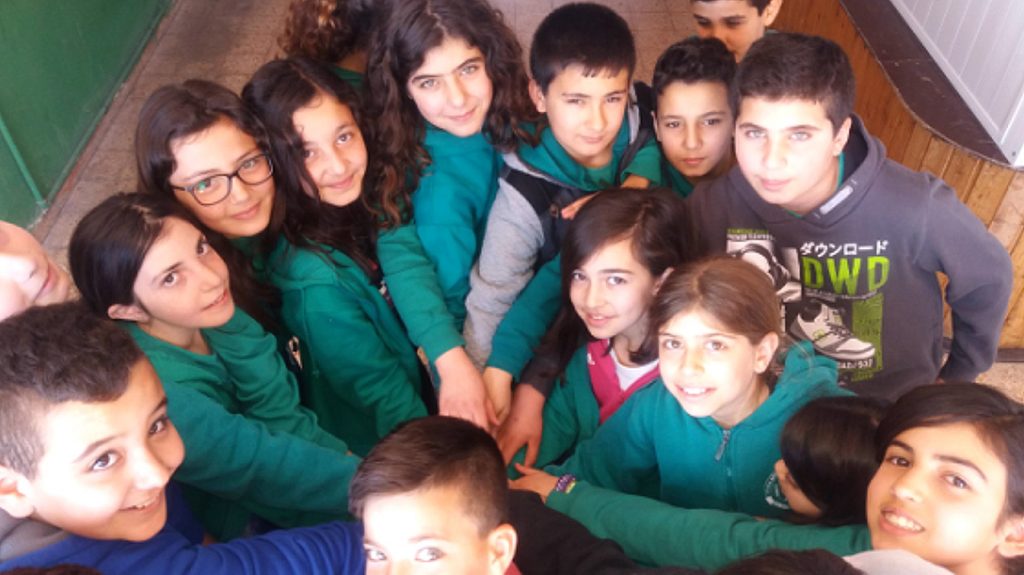
The TEC Center was established in 2004 and is a collaborative initiative of three lecturers that were the head of ICT in highly diversified teacher education colleges in Israel: Seminar Hakibbutzim College of Education (a secular Jewish college), Al-Qasemi Academic College (an Arab Muslim college) and Talpiot College of Education (a Jewish religious college). From 2011 The TEC Center is located in the Mofet Institute. The Center grew as a bottom-up initiative in the teacher education colleges and is supported by the Ministry of Education through the Department of Teacher Education. The founders received award for a pedagogical initiative that made a change in teacher education and the unity award from the president of Israel.
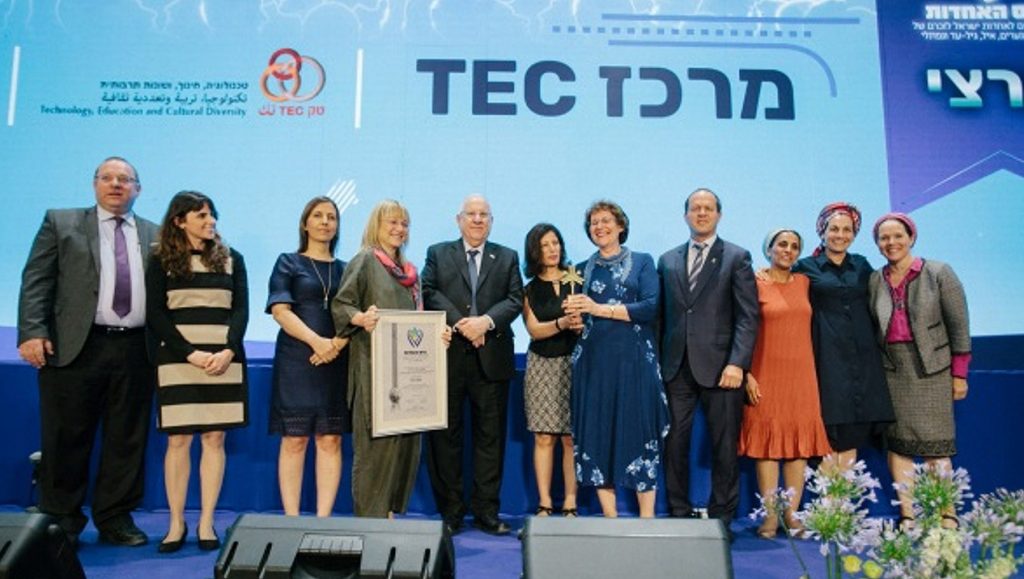
You can experience these collaborative methods by participating in the TEC international day. It presents online collaborative learning in a multicultural environment that connects school pupils, college students, teachers and lecturers. Participation is free and open to the wide audience, but registration is required. You and your students are welcome to join us. Simultaneous translation in English, Hebrew and Arabic is available.
 I would like to invite you to take part in the various activities and presentations. Please register and bring your class (virtually) to the TEC international day.
I would like to invite you to take part in the various activities and presentations. Please register and bring your class (virtually) to the TEC international day.
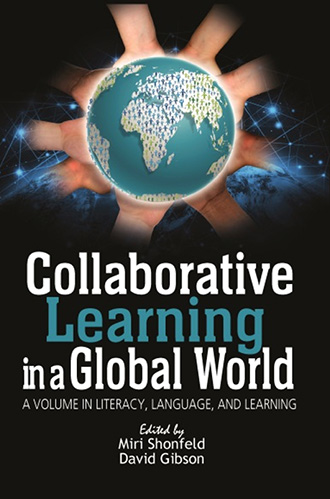
Collaborative learning is not a trivial challenge nor is it intuitive for all teachers and learners. One must acquire and practice the essential skills in order to successfully work in a team. Consequently it is essential to train teachers in collaborative teamwork, as they must serve as role models for students. In addition, new tools and practices become available at a rate that outpaces the abilities of many higher education institutions to adopt and implement.
This is the reason for publishing the new book on collaboration in the global world (Shonfeld and Gibson, 2019), to assist educators and students. It is organized into five sections, intended to survey the current state of the field and provide theoretical guidance and practical examples to help meet the gaps in research, development and practice. It is hoped that the book can serve as a compendium of ideas for research faculties of education, classroom instructors and practitioners to find rationales, ideas and teaching approaches that support collaborative learning in a global context.
The book itself is a collaborative effort with David Gibson from Curtin University in Australia and me as editors. The book offers examples of implementing teamwork, especially in higher education. These examples show that this is not an easy task, and its methodology must be learned and practiced.
References
Harasim, L. (2012). Learning theory and online technologies. Routledge.
Shonfeld, M., Hoter, E., & Ganayem, A. (2013). Connecting cultures in conflict through ICT in Israel. In R. S. P. Austin & W. J. Hunter (Eds.), Online learning and community cohesion: Linking schools, (pp. 42-58), Routledge.
Shonfeld, M. & Gibson, D. (Eds.). (2019). Collaborative Learning in a Global World. Charlotte, NC: Information Age Publishing.
Walther, J. B., Hoter, E., Ganayem, A., & Shonfeld, M. (2015). Computer-mediated communication and the reduction of prejudice: A controlled longitudinal field experiment among Jews and Arabs in Israel. Computers in Human Behavior, 52, 550–558




